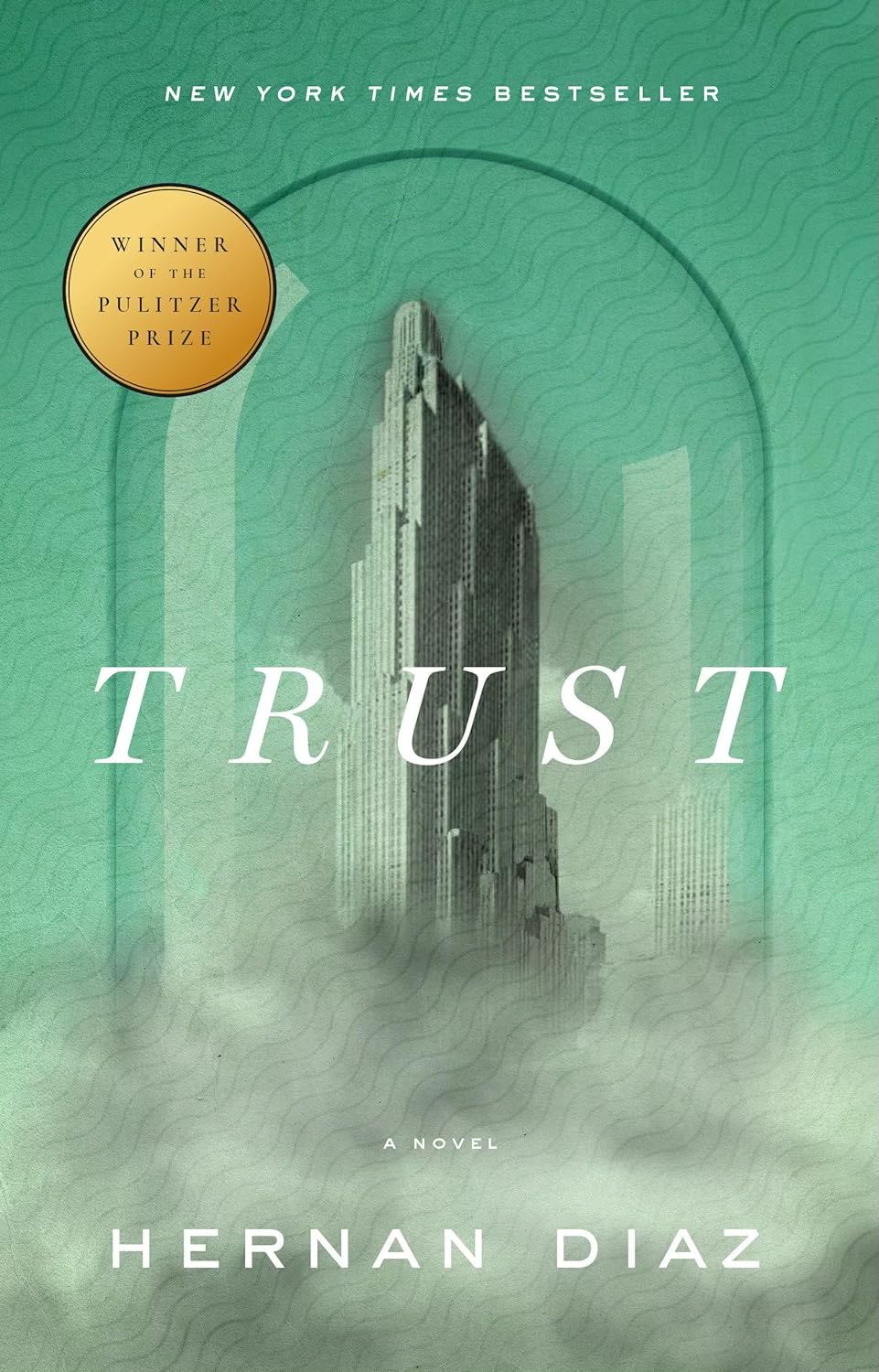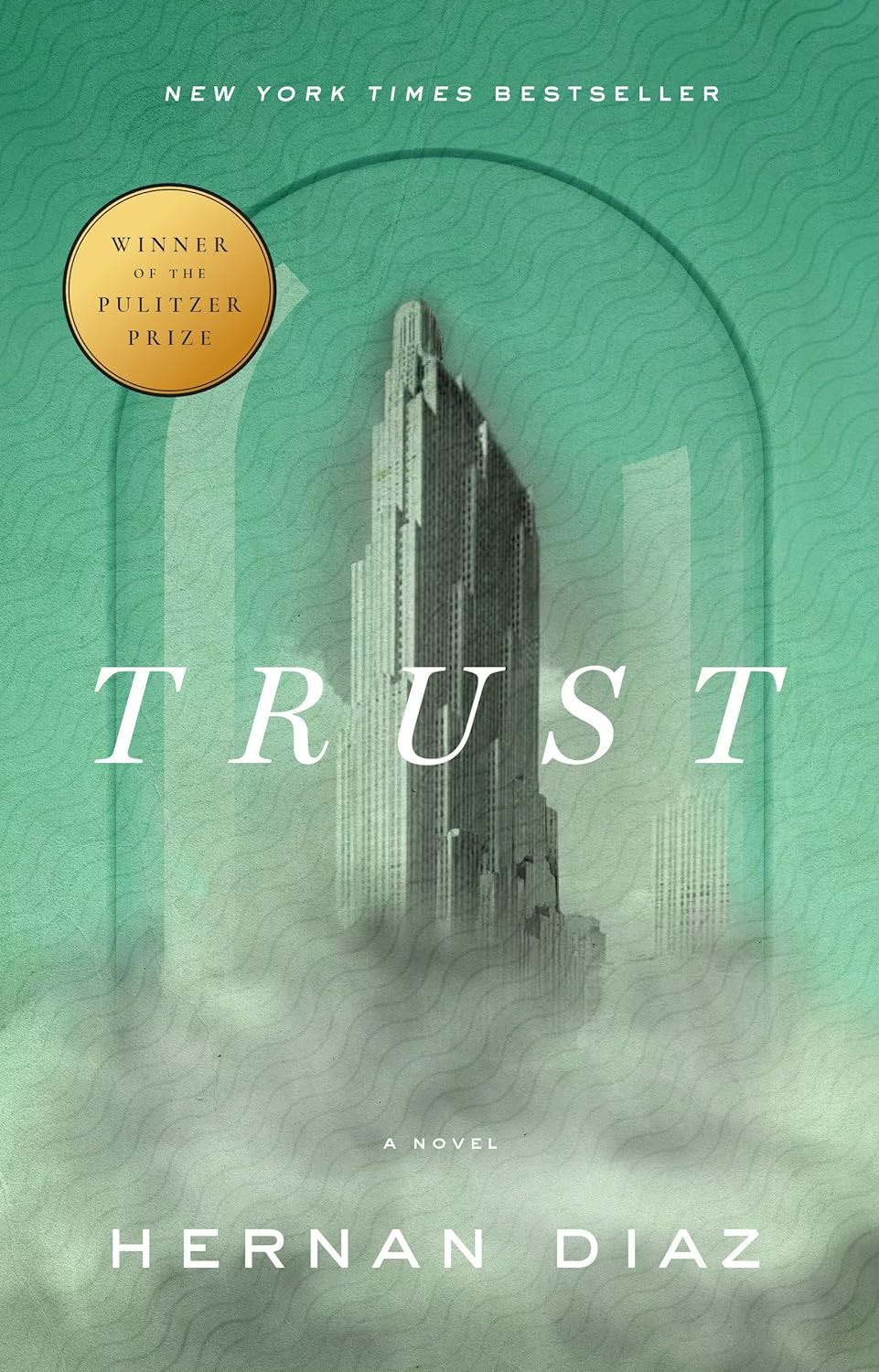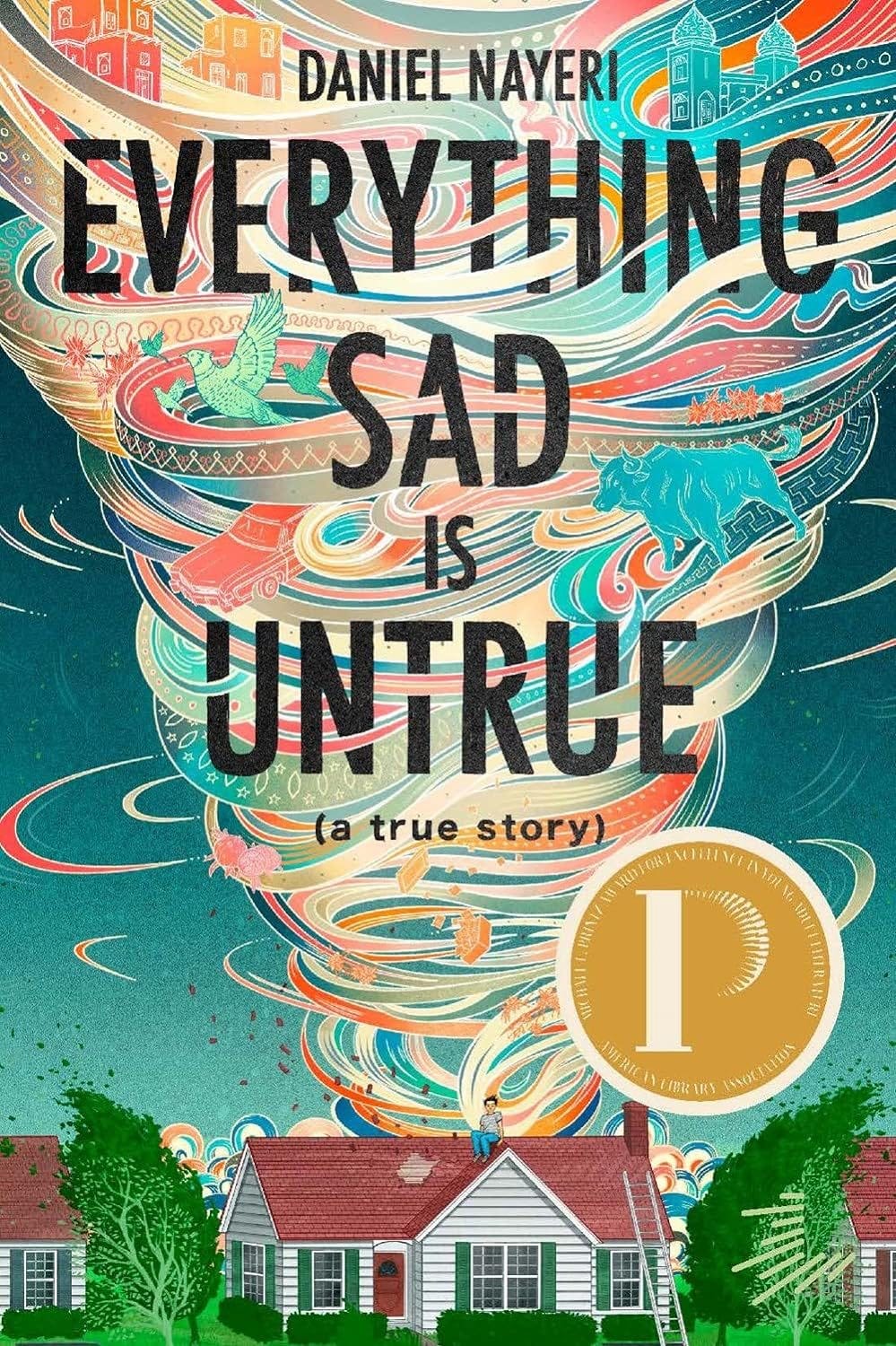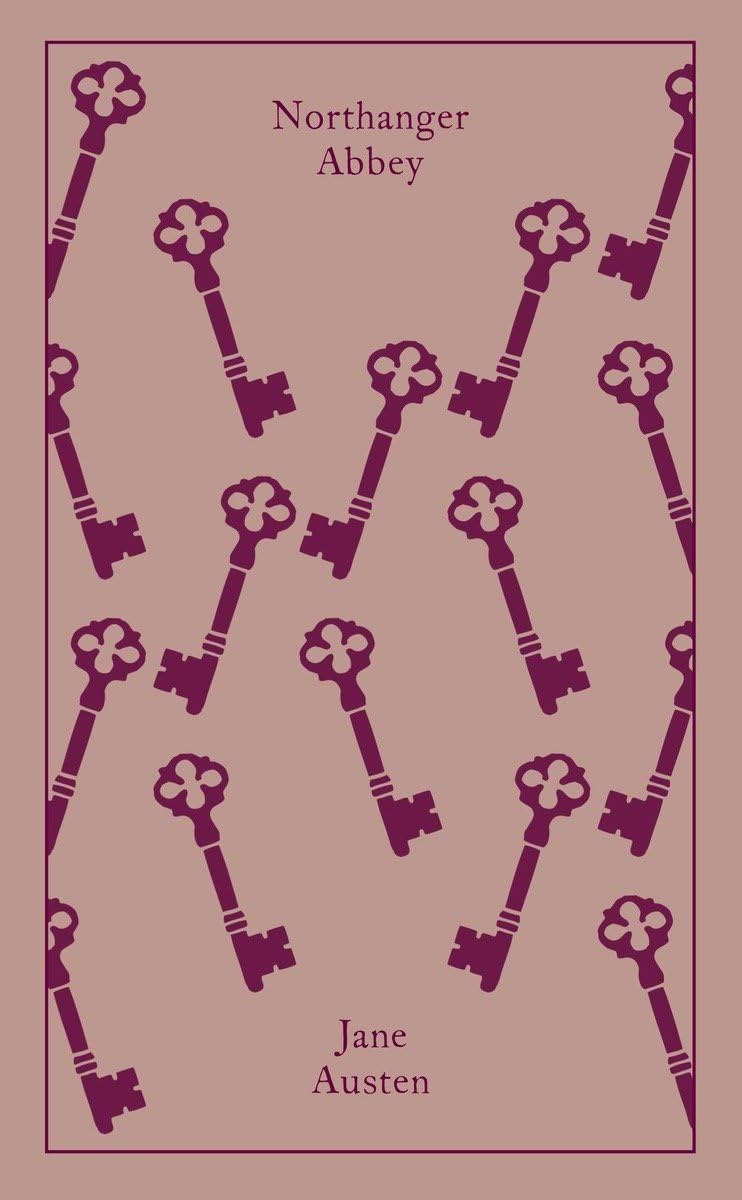Welcome to Reading Revisited, a place for friends to enjoy some good old-fashioned book chat while revisiting the truth, beauty, and goodness we’ve found in our favorite books.
If you enjoyed last weeks’ reading then I am sure you had a big jolt going into this week’s section. Where last week we had an Edith Wharton style novel, this week we have very stuffy, overambitious businessman’s very rough draft of a self-justifying autobiography.
But to counter balance the painful self justifying narrative I will try to keep this Read Along Guide much shorter than last week’s.
I realize that I must strike a careful balance here. I want to tell you everything that I think is important and make connections. However, I also want you to be able to experience this puzzle of a novel for yourself without accidentally (or purposefully) spoiling anything for you. There are hints in this section, but Diaz has not spelled anything out for us quite yet. So for this reading guide I will simply give you some quotes I think are worth noting and my impressions of the book itself. I hope this is helpful, without taking away from your experience of the puzzle!
Let’s get started.
My Life by Andrew Bevel
(New York, July 1938)
PREFACE
My name is known to many, my deeds to some, my life to few. This has never concerned me much. What matters is the tally of our accomplistments, not the tales about us. (131)
My first impression is how badly written and stuffy this is. He says he isn’t defending himself but it sure seems like that is exactly what he is doing.
Denial is always a form of confirmation. (131)
Me thinks the lady doth protest too much.
I know the days ahead of me are fewer than those I have left behind. There is no escaping this most basic fact of accounting. A certain amount of time is allotted to each of us. How much, only God knows. We cannot invest it. We cannot hope for a return of any kind. All we can do is spend it….we can always…hope to extend our influence to the future. (132-133)
I. ANCESTRY
Today’s gentleman is yesterday’s upstart. (136)
Here we get a summary of Bevel’s family history. It seems full of men like himself. Men able to expand their money into previously non-existent markets. Which makes me think of some of the quotes from Harold Vanner’s (in the first part of this book) novel about the way money works and the invisible way it builds on itself.
I am not a historian and do not intend to offer a scholarly account of the evolution of American finance. (136)
Alas, Andrew Bevel and I are sharing some of the same thoughts in our writing this month.
I will not go into each story he tells about his ancestors, but I will say that we should pay attention to the mention of the term “futures contract” that is mentioned in the section on William.
He led the way with futures contracts (by which buyer and seller fix a price, immune from market fluctuations, for commodities that do not even exist at the time)… (139)
Benjamin says that looking at a picture of William is like looking in a mirror, so let’s definitely keep thinking about that mirror/mask/hiding behind someone else imagery.
II. EDUCATION
I am laughing at how unfinished this section is. I am sure that he is highly educated, yet it is almost like it doesn’t matter to the story. So I will only leave you with a quote…
Every financier out to be a polymath, because finance is the thread that runs through every aspect of life. It is indeed the knot where all the disparate strands of human existence come together. (149)
III. BUSINESS
Again we have a very short (two page) section that is obviously undone. It makes me think that this was not what he was actually writing the book for. Will we be able to see from how long each section is, what he truly is defending?
IV. MILDRED
I am not given to flights of lyricism, yet I cannot help but say that Mildred was my muse. Because of her, an already successful career soared to new heights. It is not by mere coincidence that my most prosperous years were also my happiest. (157)
Words are not enough to say how dearly I miss her. The greatest gift I have ever received was my time by her side. She saved me. There is no other way to put it. She saved me with her humanity and her warmth. Saved me with her love of beauty and her kindness. Saved me by making a home for me. (158)
This section is much more substantial and makes me think it was one of his priorities in writing this unfinished book. We do not know why it remains unfinished, but I would infer that the parts that are finished were the most important to him since he seemingly worked on them first.
But as her health deteriorated, she developed a taste for mystery novels… (164)
Is this just a small humanizing detail or is it pointing toward the greater mystery of the novel itself?
And she never stopped taking care of all sorts of invisible yet wonderful details around me…only once she had left it did I notice how far-reaching and pervasive her influence was in my everyday world… (165).
V. PROSPERITY
Whatever the past may have handed on to us, it is up to each one of us to chisel our present out of the shapeless block of the future. My anscestors offer abundant proof of this. We Bevels have lived through numerous crises, panics and recessions: 1807, 1837, 1873, 1884, 1893, 1907, 1920, 1929. Not only have we survived them, but we have emerged stronger… (173)
Here we have another longer section of the novel. It is very self-justifying and at points, convincingly so. At other points it feels very defensive and overwrought.
I am also interested in the way that Bevel keeps writing notes in the book. “Make accessible to average reader” is one I am seeing a lot in these financial sections. This reminds me of one of a theme I have heard Diaz mention, the intentional obscuring of financial language. Maybe we can chalk this up to me not being a financial expert (see last week’s post), but everything Bevel says sounds good, but also brings me to no clearer understanding of the situation.
Much fiction has been written about my role in the market. (179)
In this section it seems like he is saying that speculation is bad for everyone except him. It is possible I am reading into it too much, but that is what I get from this section. Also….
Even women got in on the market!…Could there have been a clearer indicator of the disaster to come? (182)
How tragic….
And we end the chapter with a defense of it all. He was doing all of this for the public good and instead of thanking him they have vilified him.
My actions safeguarded American industry and business. I protected our economy from unethical operators and destroyers of confidence. I also shielded free enterprise from the dictatorial presence of the Federal Government. Did I turn a profit from these actions? No doubt. (185)
VI. RESTORING OUR VALUES
This is another laughably short chapter. It seems a little ironic that he didn’t actually write anything about his values being restored.
VII. LEGACY
Just like all other living creatures, we either thrive or fade. (189)
And just like that Andrew Bevel’s autobiography is done. What a quick and unfulfilling ending. I’d like to hope that with a proper editor it would have been better, but I’m not sure!
Come back next week as we read A Memoir, Remembered by Ida Partenza (and who is she?)!
Themes and Questions As We Move Forward
Are you seeing the puzzle pieces come together yet?
How do you think the next book will fit in with the first two?
Which book so far have you enjoyed most (on a purely literary level or for how it helped you solve the mystery)?
Do you have more financial and historical knowledge than me and want to chime in about anything you noticed in this section?
Here (again) are some phrases I’ve heard Hernan Diaz use about the book and I think we should keep in mind…
aesthete of money
monkish qualities
American myth making instinct
Money’s ability to distort reality
The relationship between history and fiction/fact and fabrication
Reading Schedule
Friday, May 16th- Introduction and Reading Schedule
Monday, May 19th- ep. 55: Introduction to Trust w/ Sean Johnson (from Close Reads)
Wednesday, May 21st- Bonds by Harold Vanner (pgs 3-126)
Wednesday, May 28th- My Life by Andrew Bevel (pgs 127-192)
Wednesday, June 4th- A Memoir, Remembered by Ida Partenza (pgs 193-360)
Wednesday, June 11th- Futures by Mildred Bevel (pgs 361-402)
Thursday, June 26th- Trust Virtual Book Club (contact us for a link to the zoom meeting)
Monday, July 7th- ep. 63: Revisiting Trust
Until next time, keep revisiting the good books that enrich your life and nourish your soul.
In Case You Missed It:
On the Podcast:
What We’re Reading Now/Next:
June
Trust by Hernan Diaz
July
August
Northanger Abbey by Jane Austen
A Few Reminders:
If you are wanting to get in on the in person or virtual community please contact us!
We have turned on paid subscriptions which will allow you to support the work we are doing here as well as receive Read Along Guide PDFs each month and voice recordings of the Read Along Guides.
If you would like to make a small contribution to the work we’re doing here at Reading Revisited, we invite you to do so with the Buy (Us) a Coffee button below. We so appreciate your support!
*As always, some of the links are affiliate links. If you don’t have the books yet and are planning to buy them, we appreciate you using the links. The few cents earned with each purchase you make after clicking links (at no extra cost to you) goes toward the time and effort it takes to keep Reading Revisited running, and we appreciate it!










This is funny, I think I found him more convincing than you did 😅 -- some of that could be temperament. I'm convincible. Yes, he totally made weird insensitive comments about women, and it was exhausting to get through the first part (so boring and stuffy!) but I did find the scenes of him and Mildred reading together at the dinner table touching. But part of the fun of this is second guessing everything. Starting to wonder who Harold Vanner is and how he's connected (and what his motives were in writing the novel part in the first place)
My guess is that we have not heard the end of the case against Bevel, according to the first few pages of the third part...
I finished Trust a couple of days ago and have just very happily stumbled across your Substack! What an amazing book. I look forward to reading your analysis of each part. I was immediately hooked by the novel section. All the Gatsby vibes to start with and then a more delicate puzzle to try and unravel with the introduction of Helen (I’m also reading P&P, so your Mrs Bennet mention made me laugh). I wanted the novel to go on and stylistically the dull half-written autobiography is really jarring to come straight after. But it shakes you awake into detective mode! Also I didn’t understand the economics and I’m glad that just letting that do its thing in the background while focusing on the storytelling is what Diaz intended! 😅